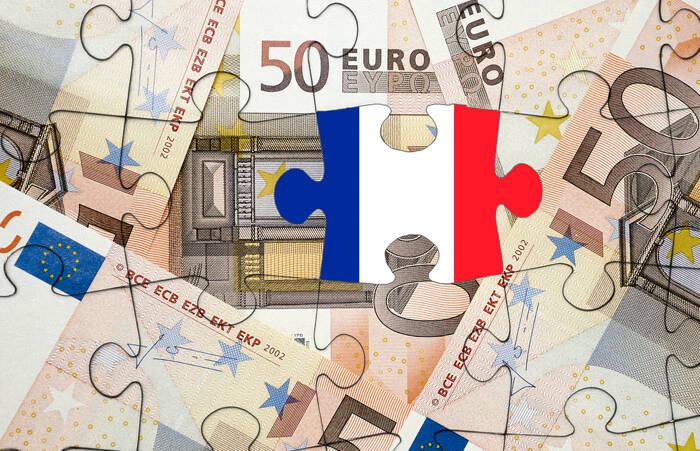In addition, the lack of a parliamentary majority since the 2022 legislative elections, the fragmented political landscape and heightened political polarisation following the 2024 dissolution of the National Assembly raise further uncertainties about the government’s ability to implement its saving plans for 2026.
Parliamentary discussions are expected to be challenged by difficult budgetary trade-offs to compensate for higher defence expenditures, projected to reach EUR 64bn in 2027 or about 2% of GDP. Discussions around the 2023 pension reform following this year’s negotiations with social partners could also complicate the parliamentary debate.
The need to strike a political compromise on the proposed economic and budgetary reforms will likely lead the government to water down some of its measures to appease political opposition, at the risk of missing next year’s deficit targets.
Conversely, relying on Article 49.3 of the Constitution to pass the 2026 Budget without a parliamentary vote will raise the risk of renewed political instability, following the collapse of the former government in December 2024. A successful no-confidence vote against the prime minister and/or early elections would undermine near-term fiscal consolidation.
Political Hurdles Compound Uncertainties Around the Government’s Saving Plan
Upcoming elections – municipal elections in March 2026 and presidential elections in April-May 2027 – raise further uncertainties about budgetary efforts over the medium term.
Reducing the deficit to below 3% of GDP by 2029 would require a savings plan of more than EUR 100bn, according to the French Court of Auditors. This is unlikely, given the uncertainty surrounding the policy agenda after the 2027 presidential elections.
Figure 2. Large budget deficits, uncertain consolidation plan weigh on France’s debt trajectory
% of GDP

